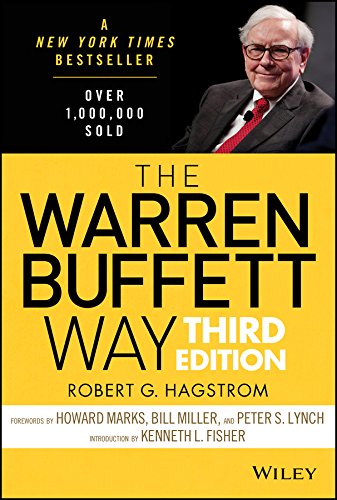Pinned
December 12, 2024
Warren Buffett’s Twin Tailwinds: Unrealized Gains and Compounding
Some passages in The Warren Buffett Way by Robert Hagstrom reminded me of this post from a few months ago. I shared that taxes are a successful entrepreneur’s biggest expense. Allocating appropriate time to optimizing that expense, just as entrepreneurs do with all other major expenses, can have a material impact on a company’s ability to reinvest in growth opportunities. Here are the passages:
Except in the case of nontaxable accounts, taxes are the biggest expense that investors face—higher than brokerage commissions and often higher than the expense ratio of running a fund.
In a nutshell, the key strategy involves another of those commonsense notions that is often underappreciated: the enormous value of the unrealized gain. When a stock appreciates in price but is not sold, the increase in value is an unrealized gain. No capital gains tax is owed until the stock is sold. If you leave the gain in place, your money compounds more forcefully.
Overall, investors have too often underestimated the enormous value of this unrealized gain—what Buffett calls an “interest-free loan from the Treasury.” To make his point, Buffett asks us to imagine what happens if you buy a $1 investment that doubles in price each year. If you sell the investment at the end of the first year, you would have a net gain of $0.66 (assuming you’re in the 34 percent tax bracket). Let’s say you reinvest the $1.66 and it doubles in value by the second year-end. If the investment continues to double each year, and you continue to sell, pay the tax, and reinvest the proceeds, at the end of 20 years you have a net gain of $25,200 after paying taxes of $13,000. If, instead, you purchase a $1 investment that doubles each year and is not sold until the end of 20 years, you would gain $692,000 after paying taxes of approximately $356,000.
This is a great mathematical example demonstrating the power of compounding and the impact taxes can have on investment returns over a long period. It reminded me that playing the long game in investing gives you twin tailwinds, which can lead to explosive results.
Connected Entrepreneurs
No items found.
Connected Books
The Warren Buffett Way
2014
Framework
by
Robert G. Hagstrom
2014
December 2024
Framework for investing process used by Warren Buffett. This book breaks down each step in Buffett’s investment process. Buffett’s investing strategies and philosophy are detailed and connected to his framework and checklist. Examples of how Buffett applied this framework with some of his largest investments are detailed in the book.




